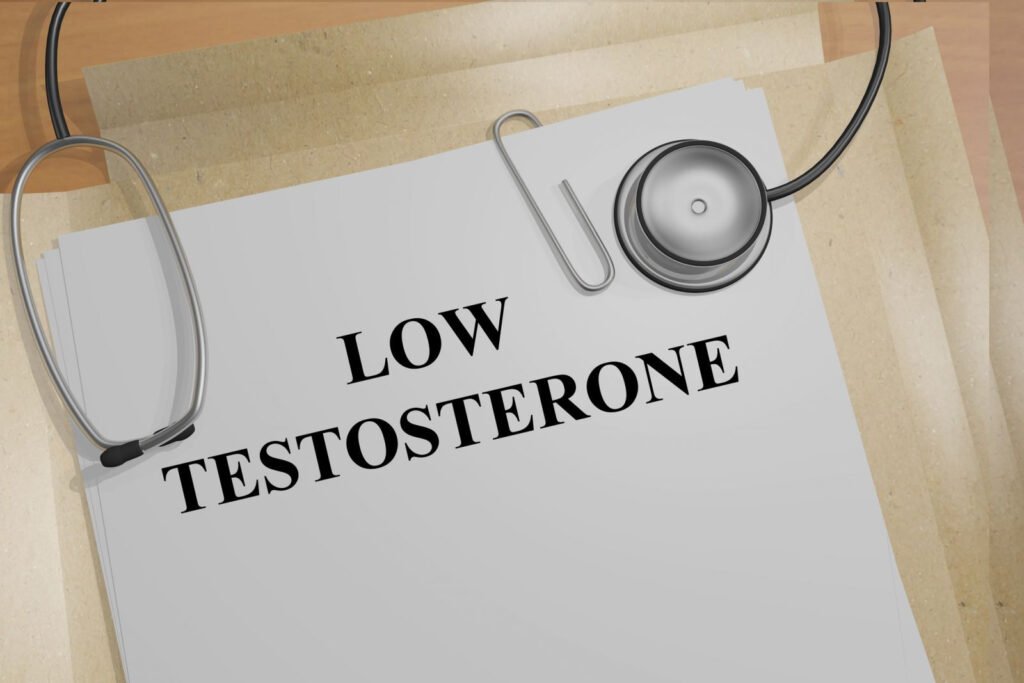AdBest Connect
Your Digital Advertising Partner!Wondering About Low Testosterone? Here’s What to Know
Monday , 7, April 2025 Wellness Comments Off on Wondering About Low Testosterone? Here’s What to Know
Testosterone, the primary male sex hormone, plays a pivotal role in various aspects of men’s health, including muscle mass, bone density, mood regulation, and sexual function. However, as men age, it’s natural for testosterone levels to decline. When this decline becomes significant and leads to various health issues, it’s referred to as low testosterone or low T. Understanding the causes, symptoms, and solutions for low testosterone is crucial for maintaining overall well-being.
Reasons Behind Low Testosterone Levels
Aging: As men age, testosterone production gradually decreases. This natural decline is a common cause of low testosterone levels, typically occurring after the age of 30. A low dose masteron with TRT is one of the most effective treatment options for this problem.
Lifestyle Factors: Unhealthy lifestyle choices, including lack of exercise, poor diet, excessive stress, and insufficient sleep, can contribute to low testosterone levels.
Medical Conditions: Certain medical conditions, such as obesity, diabetes, and hormonal disorders, can interfere with the body’s ability to produce testosterone, leading to low T.
Genetic Factors: Some men might have a genetic predisposition to lower testosterone levels, making them more susceptible to experiencing low T at an earlier age.
What are the Signs of Low Testosterone?
Fatigue: Men with low T often experience persistent fatigue, even after adequate rest, leading to a lack of energy and motivation.
Loss of Muscle Mass: Testosterone plays a crucial role in maintaining muscle mass. Low T can result in muscle weakness and reduced muscle bulk.
Reduced Libido: One of the primary signs of low testosterone is a decreased interest in sexual activities and reduced libido.
Increased Body Fat: Low testosterone levels are associated with an increase in body fat, especially around the abdomen.
Mood Changes: Men with low testosterone might experience mood swings, irritability, and even depression.
Erectile Dysfunction: Testosterone is essential for achieving and maintaining erections. Low T can lead to erectile dysfunction and other sexual performance issues.
Solutions and Treatment Options
Dietary Supplements: Certain supplements, such as vitamin D, zinc, and fenugreek, are believed to support healthy testosterone levels. However, it’s essential to consult a healthcare professional before taking any supplements.

Lifestyle Changes: Adopting a healthier lifestyle can naturally boost testosterone levels. Regular exercise, a balanced diet rich in proteins and essential nutrients, stress management, and sufficient sleep are key factors.
Hormone Replacement Therapy (HRT): In cases of significantly low testosterone levels, hormone replacement therapy (HRT) might be recommended. HRT involves administering testosterone through injections, gels, patches, or pellets to restore hormone levels to normal ranges.
Consultation with Healthcare Professionals
If someone suspects they have low testosterone based on symptoms or other factors, consulting a healthcare professional, preferably an endocrinologist or urologist, is crucial. These specialists can conduct thorough assessments, including blood tests, to accurately diagnose low T and recommend appropriate treatments.
The Significance of Personalized Approach
It’s essential to recognize that the approach to managing low testosterone should be individualized. What works for one person might not be suitable for another. Healthcare professionals consider a person’s overall health, medical history, and specific symptoms when devising a personalized treatment plan.
In summary, understanding low testosterone is crucial for men’s health and overall well-being. Recognizing the causes, symptoms, and available solutions empowers individuals to take proactive steps toward improving their quality of life. Whether through lifestyle changes, hormone replacement therapy, or a combination of approaches like low dose mast with TRT, addressing low testosterone can lead to enhanced vitality, improved mood, and a better overall sense of health and happiness. Regular consultations with healthcare professionals ensure that the chosen approach is safe, effective, and tailored to individual needs, fostering a healthier and more fulfilling life.